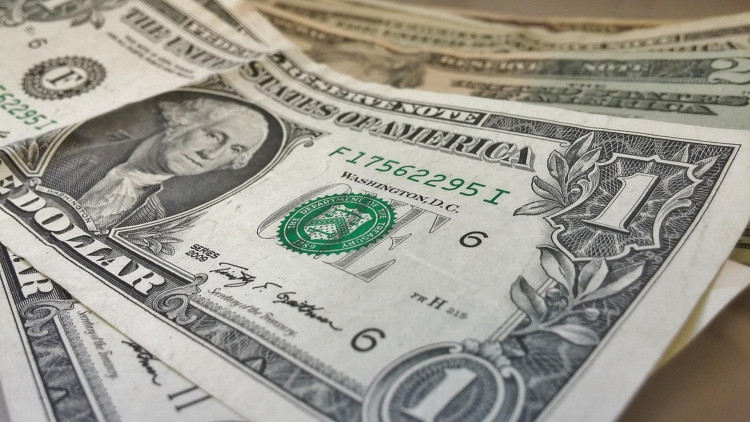The world's total debt is expected to eclipse last year's $281 trillion as a result of COVID-19 spending.
The Institute of International Finance, representing the financial services industry, reported that $24 trillion of the 2020 total debt can be traced to measures taken to contain the economic effects of the pandemic.
IIF said government support programs such as stimulus packages for households and businesses accounted for half the increase. Global firms borrowed $5.4 trillion to stay afloat, banks added $3.9 trillion to their debt load while households saw their debt jump by $2.6 trillion.
The surge in global debt also means debt as a ratio of global gross domestic product (Gross domestic product) grew 35% to over 355% of gross domestic product.
The huge increase is much higher than the ones seen during the Great Recession, which saw the debt-to-gross domestic product ratio jump 10 percentage points in 2008 and 15 percentage points in 2009.
Europe saw an especially large spike in debt, with nonfinancial sector debt-to-gross domestic product ratios in France, Spain, and Greece increasing by about 50 percentage points. Switzerland was the only mature market economy in the IIF's 61-country analysis to see a decline in its debt ratio.
As for emerging markets, China saw the biggest rise in debt ratios (excluding banks), followed by Turkey, South Korea and the United Arab Emirates.
There are signs this huge debt mountain will balloon this year. Encouraged by low interest rates, borrowing levels are expected to remain much larger than pre-COVID levels in many countries and sectors.
"We expect global government debt to increase by another US$10 trillion this year and surpass US$92 trillion," said the IIF.
"Political and social pressure could limit governments' efforts to reduce deficits and debt, jeopardizing their ability to cope with future crises."
IIF said this scenario might constrain policy responses to mitigate the adverse impacts of climate change and natural capital loss. It said winding down stimulus and other support measures this year might prove even more challenging than it was after the Great Recession.
"Premature withdrawal of supportive government measures could mean a surge in bankruptcies and a new wave of nonperforming loans," contends the IIF.





